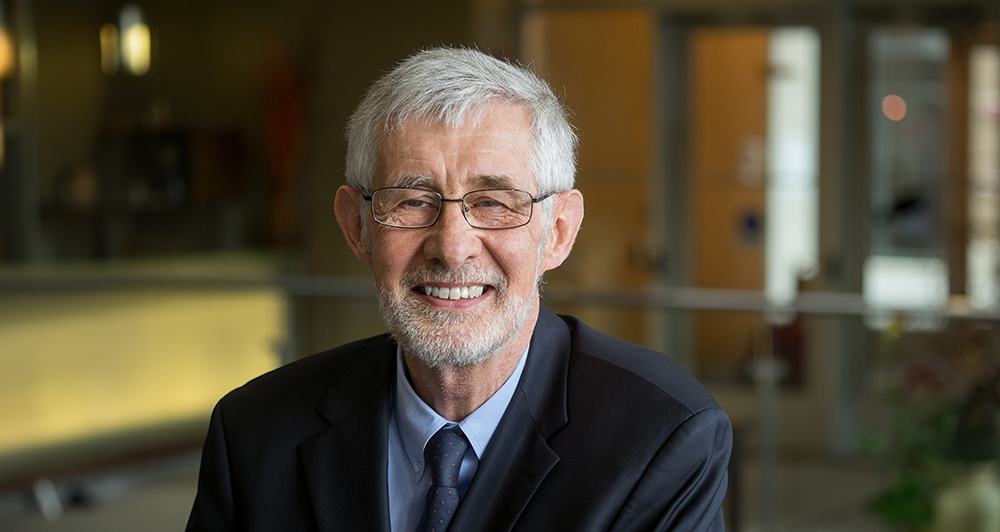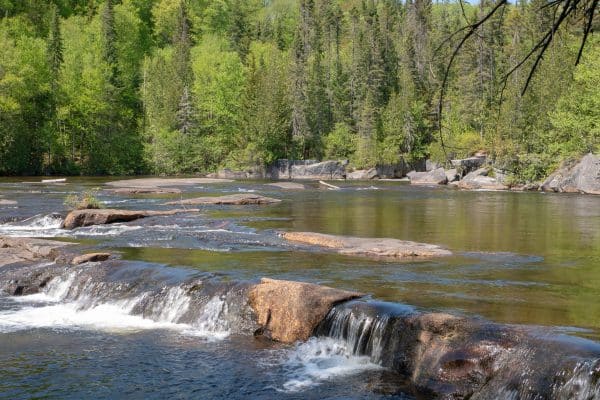- Academic Life
-
YOU ARE
- Community member
- Future Student
- Student
- Professor
- Alumni
- Media
- Guidance counsellors
- INRS retiree
- Contact Us
- Newsroom
- Careers
- FR
-
Studies
We teach the next generation of researchers to develop scientific, social, and technological innovations.
-
Research
We find solutions through interdisciplinary research and industry or public and community partnerships.
-
INRS
We play an active role in Québec's economic, social, and cultural development.
It is with great sadness that INRS pays tribute to the immense contribution of Professor Peter Campbell, who passed away on January 30.

Peter Campbell was known for his benevolence, integrity, and remarkable generosity. Professor Campbell was an extraordinary mentor to many, and his passing leaves a great void.
Professor emeritus since 2016, Peter Campbell played a key role in the development of the centre and the institute, which he joined shortly after INRS was founded. He contributed to the development of INRS’s master’s and doctoral programs in water sciences, and notably served as director of the INRS-Eau centre from 1978 to 1982.
He was a true pioneer of biogeochemistry and ecotoxicology in Canada and one of the first to study phosphorus mobility in Québec rivers, following the growing awareness of eutrophication problems in rivers in the 1970s. During this period, a major environmental crisis was erupting in North America: acid rain. His work on the impact of acidity on aluminum geochemistry quickly brought him to the forefront of the biogeochemical scientific community. This was followed by a long and fruitful career investigating the links between metal speciation in water and the bioavailability of metals to aquatic organisms.
Professor Campbell held the Canada Research Chair in Metals Ecotoxicology from 2001 to 2015. Elected to the Academy of Science of the Royal Society of Canada in 2002, he played a leading role in setting up the Canada-wide MITE (Metals in the Environment) network, among other remarkable achievements. His expertise has been in high demand among government agencies, international mining companies, and Québec’s indigenous communities.
Over the course of his career, Professor Campbell supervised 48 students and 24 postdoctoral fellows, testifying to his commitment to training the next generation in the field. In 2019, he received the Outstanding Contribution Award from the Canadian Ecotoxicity Workshop. In the same year, he received the Founders Award from SETAC (Society of Environmental Toxicology and Chemistry), the highest distinction awarded to an individual for outstanding contribution to environmental sciences.
We offer our deepest condolences to his family and to the entire INRS community.
In accordance with his wishes, a student scholarship has been created, and the first competition will be held in 2025.
You may also like

February 4, 2025
Modelling the effect of mine pit dewatering on salmon habitat
February 4, 2025
Sophie Duchesne: Rethinking Urban Water ManagementShare

